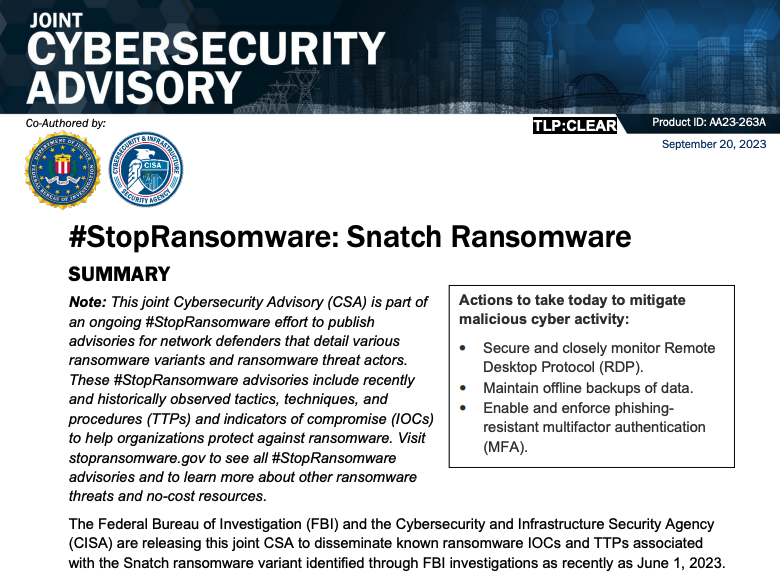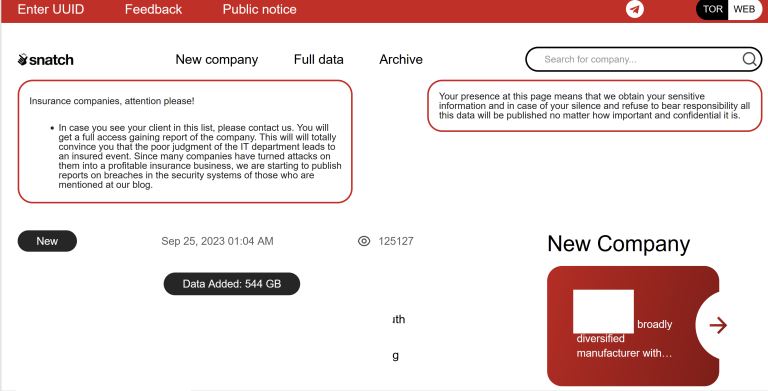Homeland Security confirms your privacy is no longer safe

The big problem with privacy is that once you relinquish some of it, you never get it back. What makes it worse is when those who are supposed to protect your rights choose to undermine them. When they do so, they eat away at the thin protections we should all enjoy in the digital age.
US agencies’ illegal use of smartphone data
These are some of the reasons to be so concerned to learn from a newly released US Department of Homeland Security report that multiple US government agencies illegally used smartphone location data, breaching privacy regulations as they did. To do this, they purchased smartphone location data, including Advertising Identifiers (AdIDs) from data brokers that had been harvested from a wide range of apps.






